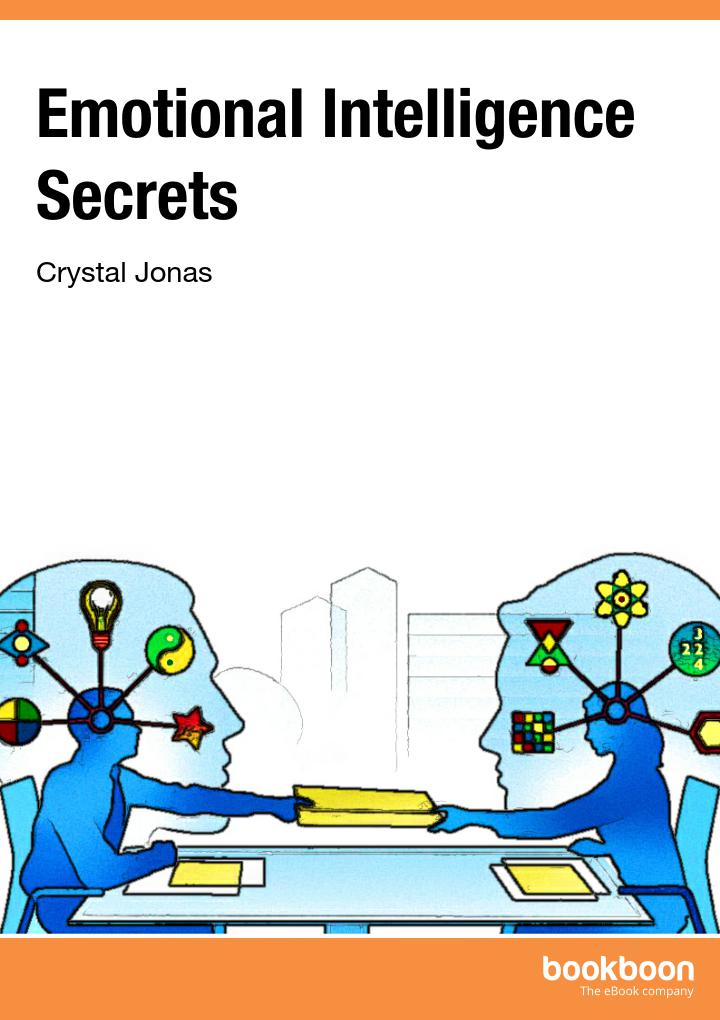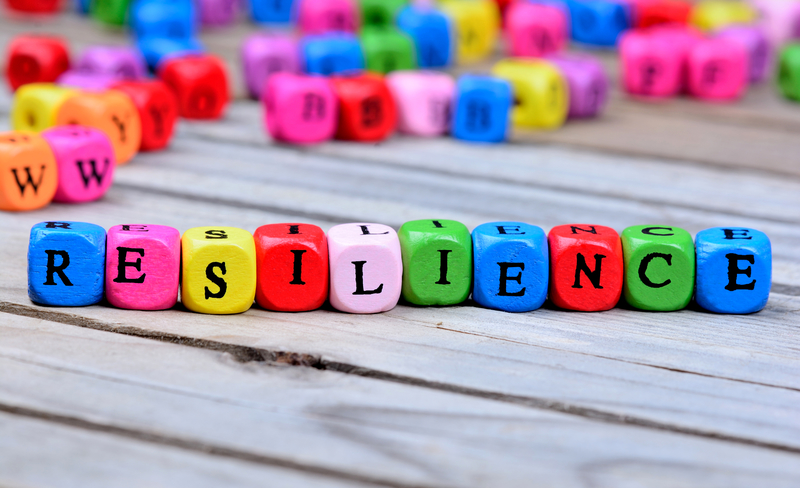Emotional intelligence: 4 traits of Emotional Intelligence

When it comes to success in both your professional and personal life, there is one skill that will allow you to navigate any environment with ease: Emotional Intelligence. And the word is out among organisations. Many companies who were once largely focused on where new hires studied have learned that technical skills and a degree alone don’t equate to a successful employee. The way an employee conducts themself, expresses themself, and interacts with others are becoming increasingly important when it comes to hiring. We’ll look into 4 traits that make up an emotionally intelligent person.
What is Emotional Intelligence?
Emotional Intelligence is one’s ability to be aware of their own emotions and the emotions of others and to use that knowledge to help
manage the expression of emotions. It is also the capacity to handle interpersonal relationships judiciously and empathetically.
Emotional intelligence: The 4 traits
Self-awareness
Self-awareness is one’s ability to notice their own feelings, physical sensations, reactions, habits, behaviors, and thoughts.
Self-Awareness is your skill to:
- Recognise your emotions when they arise
- Tell your emotions apart (for example, embarrassment is not the same as disappointment)
- Know why you are feeling these emotions
- Understanding the impact your emotions have on others around you
Self-management
Self-management is one’s ability to control and manage their own emotions, reactions, and feelings especially in times of stress. Self-management also involves knowing trigger-points and taking responsibility for one’s own actions.
Self-management includes your capacity and willingness to:
- Control your emotions so they do not take over your behavior
- Bring the right emotion in the appropriate intensity to the situation
- Be emotionally resilient
- Motivate yourself
Social-awareness
Social-awareness refers to one’s ability to comprehend, act and react appropriately to a social situation. A socially-aware person is aware of their given environment and can adjust their behaviour accordingly as well as interpreting the emotions of people they interact with.
Social-awareness covers your skill to:
• Identify, articulate and appreciate others’ feelings
• Express without judgment your understanding of how the other person feels
• Show interest and concern for others
Enjoy blogs that make you think? Check out our #ThoughtfulThursday weekly newsletter and be the first to read articles like this.
Relationship-management
Relationship-management is the ability to recognise different communication styles in others and address them in their preferred style.
Relationship-management refers to being able to:
• Notice the mood in a group and adapt appropriately
• Build connections with others who may be quite different from you
• Motivate and inspire others
Want more content like this? Check out our #ThoughtfulThursday weekly newsletter and be the first to read blogs that make you think!








